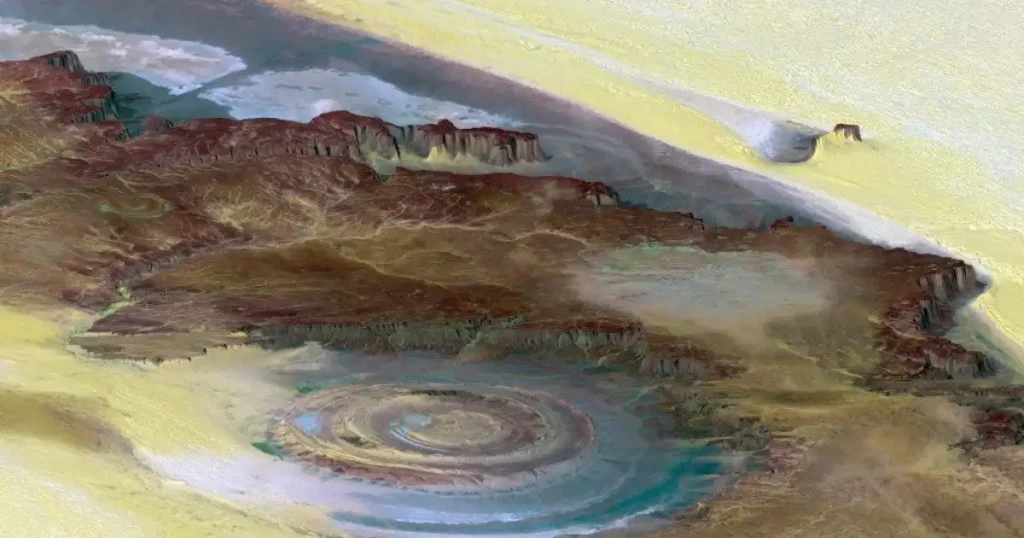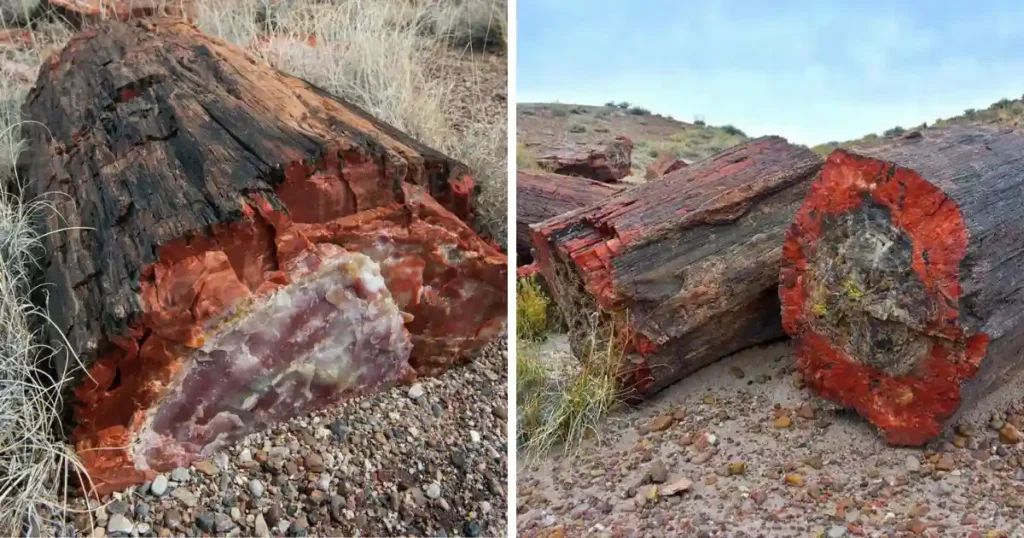A team of dedicated archaeologists in Aleria-Lamajone, Corsica, France has unearthed a treasure trove of history, revealing both an extraordinary Etruscan underground burial and an ancient Roman necropolis. This remarkable find provides a unique window into the ancient world.
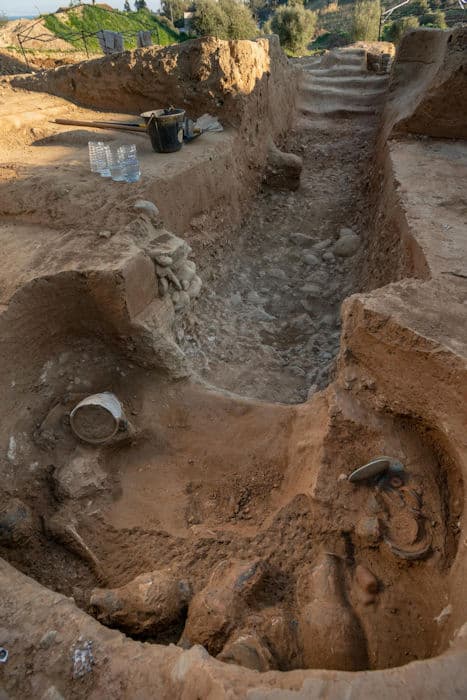
Around 3,000 years ago, the enigmatic Etruscans settled in the region of Central Italy known as Etruria. Before the rise of the Romans, they stood as one of the most influential civilizations in ancient Italy. Despite their proximity in time, the Etruscans remain shrouded in mystery, more elusive than even cultures like Crete, Mesopotamia, or Mycenae. Much of their legacy is still waiting to be uncovered.
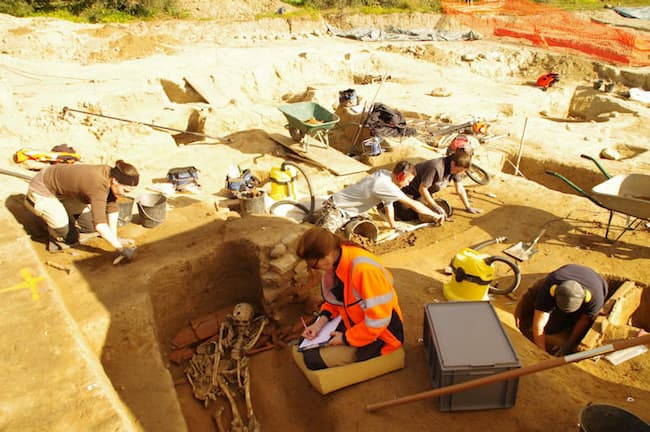
The astonishing Etruscan hypogeum was discovered by diligent Inrap archaeologists. This underground burial chamber is a testament to the rich funerary practices of the Etruscans. Within its depths lay beautiful ancient artifacts that shed light on this ancient civilization.
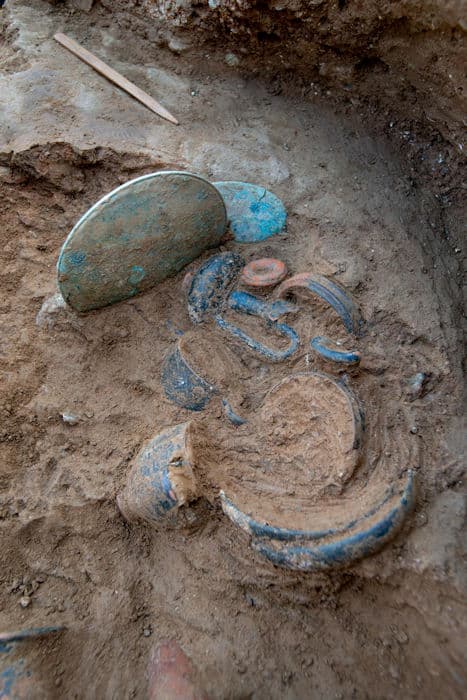
Corsica’s typically acidic soil, which often erases bone remnants, has remarkably preserved the ancient burials discovered by INRAP scientists. These burials encompass various practices, including inhumation in pits, masonry coffins, studded wood coffins, and funeral pyres. Among these graves, over two hundred artifacts have been cataloged, with nearly one hundred complete vases dating from the 3rd century BC to the 3rd century AD.
Within this diverse funerary array, a unique discovery emerged—an Etruscan tomb nestled within a hypogeum. Such tombs were typically reserved for high-status individuals. This particular tomb featured a six-meter-long corridor leading to the burial chamber, which extends over two meters in depth. The archaeologists suspect that the chamber was opened and resealed multiple times to deposit new grave goods and perhaps additional deceased individuals.
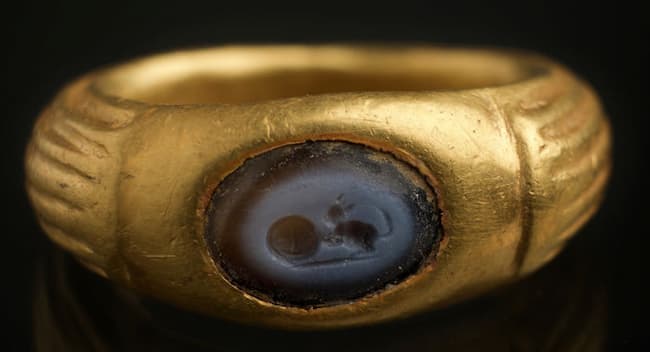
Due to the hypogeum’s location within the necropolis, excavations began with the surrounding burials. Natural ceiling collapses and sediment filling over time required archaeologists to approach from the top. This meticulous process has already revealed artifacts, including three black varnished goblets and the handle of a probable oenochoé, a type of wine jug. Two skyphoi, goblets with large handles, were also found near an individual’s skull. These findings suggest a 4th-century BC attribution, with ongoing excavation expected to provide further insights. Remarkably, this marks the first discovery of such a funerary structure in France in over forty years.
Aleria holds a special place in Corsica’s ancient history and the wider western Mediterranean. Extensive research in the 1960s uncovered a Roman city complete with a forum and amphitheater. To the south lies the exceptional Etruscan Casabianda necropolis, a historic monument boasting a rich collection of artifacts. Aleria is a testament to the rich tapestry of history woven across Corsica.
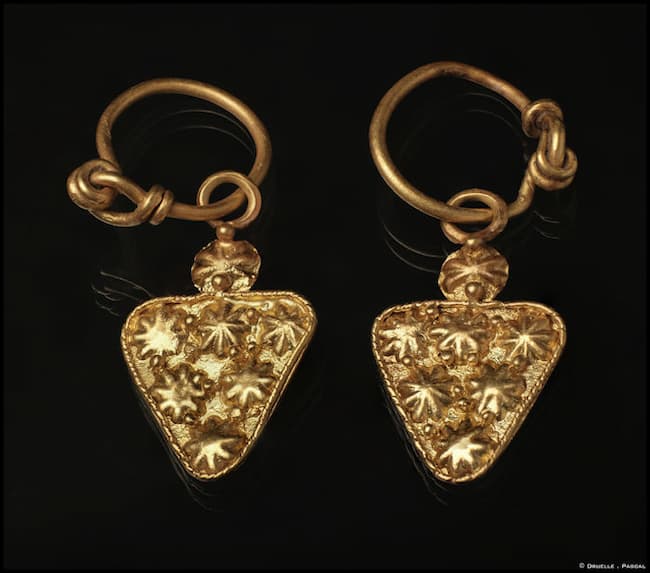
Corsica’s strategic location in the Tyrrhenian Sea made it a focal point for Greek, Etruscan, and Carthaginian commercial interests. The Battle of Alalia around 540 BC reshaped political dynamics in the western Mediterranean. It marked the regulation of maritime commerce between the Etruscans, Phoceans, and Carthaginians in exclusive zones. Corsica’s eastern façade, according to historical sources, fell under Etruscan influence. From 500 BC until the Roman conquest in 259 BC, Aleria bore witness to close ties with Etruria and the enduring presence of Etruscan communities. Today, the Aleria site museum houses a remarkable collection of artifacts, offering a glimpse into this ancient crossroads of civilizations.
The unearthing of this Etruscan burial and Roman necropolis invites us to delve deeper into the annals of history. It encourages us to celebrate the tireless efforts of archaeologists in unveiling the buried treasures of our past. Sharing stories like this broadens our understanding of the world that existed long before our time, where cultures like the Etruscans thrived, leaving their mark on the pages of history.
